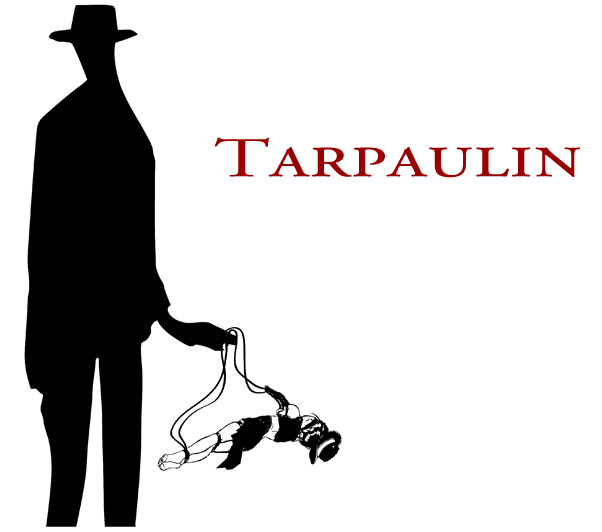 Alexis Orgera
Alexis OrgeraIlluminatrix
Chapbook.
Forklift, Ink., 2009
$5
Reviewed by Mark Rockswold
Illuminatrix is Alexis Orgera’s first chapbook publication, and one of the more playful and dynamic collections to be published anywhere this year. As the title suggests, the book is a search for light, an illumination of the body, language, gender, humor, the abject, and the poetic. In the world of the Illuminatrix, Orgera combines particle theory with the confessional, mathematics with jealousy, baseball with astronomy, and Hershey’s candy with Piers Plowman. We have epigraphs from Lucretius, Empedocles, and Courtney Love alike. Here the epic and the everyday not only intersect, but collapse into a surreal, non-sequitor experience in the tradition of Apollinaire’s “Zone,” or Ginsberg’s “Howl:”
Dear sun emitting and absorbing light on the fieldIt’s this collapse that creates the immediate playfulness and humor of the collection, and Orgera’s speaker’s unique ability to state anything at any time keeps the language sudden, bizarre, and beautiful: “Your gills are the zenith of math,” (13) and “All around us, the ganglia of language / linked by synapse and spit” (13). Her willingness to say anything also helps create the collection’s strong sense of humor, albeit sometimes a sardonic one:
and from the field.
Dear Newtonian corpuscle, the anticipation of dots.
Dear wave wave wave slip sliding from its momma.
Dear big, big love.
Dear woman with night in your eye.
Dear pathos, and a mirror praying that reflection bears
a holy message.
Dear surviving everyday radiation.
Dear, oh dear, Moses parting legs like an infrared sea (8-9).
Ah, the manBut it’s a humor that’s ultimately softened and complicated by more subtle moments of ambiguity and errors in translation—a sensibility which inhabits Joshua Beckman and Matthew Rohrer’s Nice Hat, Thanks: “Sayonara, the driver said to me, / but I heard Sighing Aura, / and I thought, / what a nice way to put it” (18).
with the F-O-O-D sign. He’s a fucker.
If I ever go to hell I hope it’s because
of my motherfucking mouth. And if hell
is a waterlogged shrew, perpetually
washing my tongue with Irish Spring,
then so be it (18).
Illuminatrix also questions the rigid boundaries between high and low art, the sciences and arts, and language’s conceptualizing work in general: “there are mighty critics, illuminators deft / in the art of finding meaning /where none should exist” (30). Therefore, in the midst of its own illuminating project, the collection asks, is illumination a good thing? What is lost in the process? To have illumination, there must inevitably be darkness—in this way paradox and equivocal possibility become Illuminatrix’s only sure reality.
* * *
Mark Rockswold is the co-publisher of SpringGun Press. He is currently an MFA candidate at the University of Colorado at Boulder, and lives in Denver.




